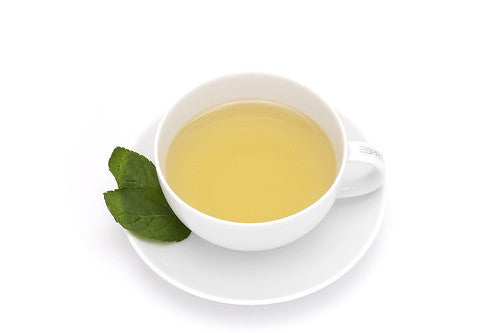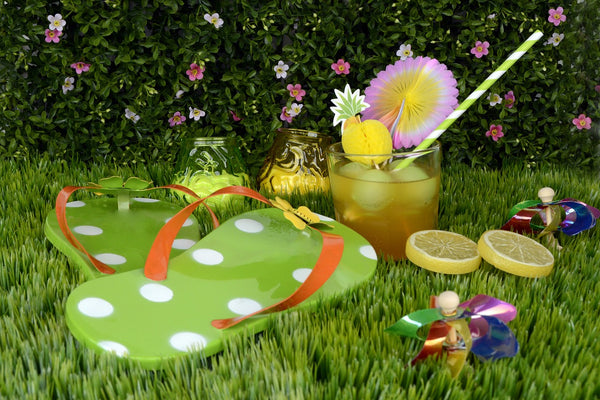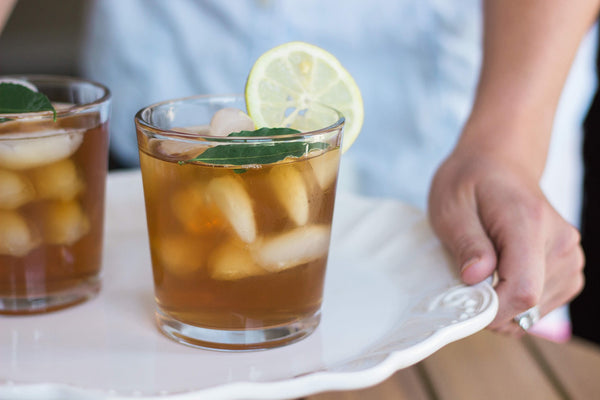
There is nothing worse than going to get your favorite tea, taking the time to brew it, taking a sip then… being utterly disappointed. You know you love that particular tea, but for some reason it isn’t quite as good as you remembered it to be. Why did this happen?
Tea can become stale
Like any other dried good, tea loses flavor over time. But luckily for those of us that buy in bulk, tea remains “fresh” for quite a long time. Before we get into how long tea lasts, we need to first discuss ideal storage conditions.
Optimal storage conditions are key
If you just left your tea sitting in a pile on your counter, it would go stale very quickly because tea requires airtight storage containers, which are stored in dry and dark areas to keep it fresh.
Here is a general guide to tea freshness
This assumes that you do not have a professional setup using a vacuum sealer.
-
White Tea: 9 months
-
Green Tea: 9 months
-
Oolong Tea: 9 months to 1 year (although some rare, expensive Oolongs do last several years)
-
Black Tea: 1 year
-
Pu-erh: Pu-erh actually ages like a fine wine. If you use the proper storage conditions it will get better as it ages.
Some teas lose flavor faster
Some teas lose flavor faster than others. The three biggest examples of this are Sencha, Gyokuro and a First Flush Darjeeling. I recommend that you drink these particular teas within a month or two of opening.
Don’t use your refrigerator
Some people recommend storing your tea in the refrigerator. While the science behind this is correct, there is one major problem. All the studies have been done with a dedicated refrigerator just for tea. What is not taken into account are the other foods and flavors that you keep in your refrigerator. The tea can actually absorb these flavors and, as you can guess, this is not a good thing.
Summary
The next time a tea tastes a little bit flat compared to the last time you had it, there is a good chance it has become stale. If this keeps happening to you, be sure to check that you are keeping your tea in an airtight container in a dark and dry environment.
photo:http://www.flickr.com/photos/t-moe/2163315778
Leave a comment
Comments will be approved before showing up.


